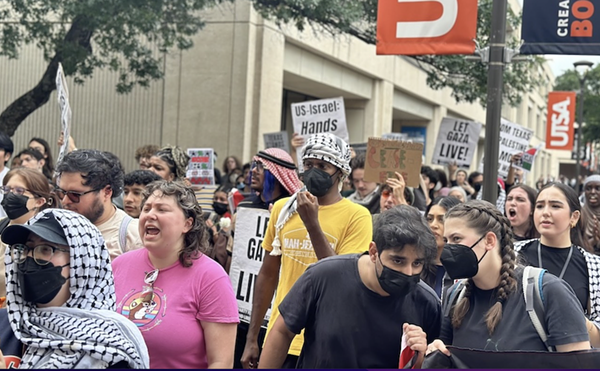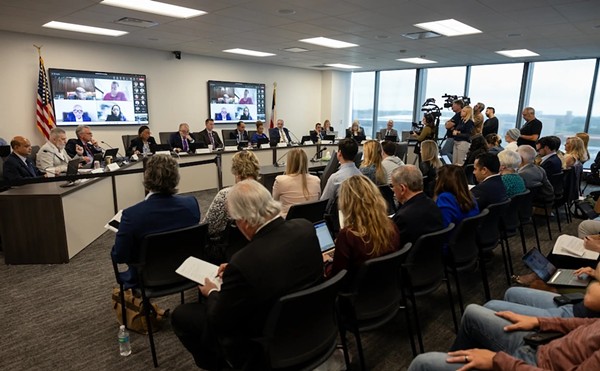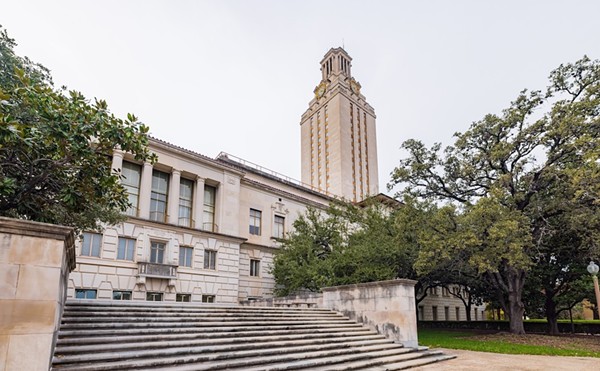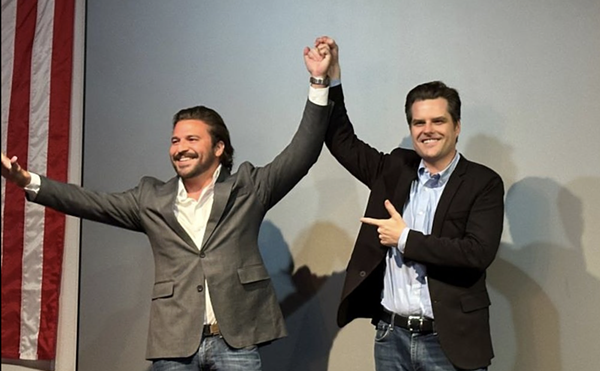In May 19, 2009, Universal City passed Ordinance 602, making it illegal for registered sex offenders to live near places where children gather. It’s the kind of law that no politician can vote against. No one wants to be labeled at the next election as the person in favor of sex offenders living near children. At first glance, the law certainly looks reasonable. It is commonly accepted that pedophiles have a high rate of recidivism. Sexual abuse of children is morally repugnant, and everyone agrees it should be punished. So, we all understand the instrinct and sympathize with the motivation behind this initiative.
But, once the legitimacy of the effort is acknowledged, we have a responsibility to look at the broader affects of the legislation. This law creates a permanent class of people who are effectively barred from living in Universal City, including many who are not sexual predators. It is of dubious effectiveness, and it is probably unconstitutional. Ultimately, it confronts us with the questions of whether we are willing to defend the rights of even those people whose crimes we find particularly offensive.
Universal City’s law makes it illegal for registered sex offenders to live within 1,000 feet of a “Child Safety Zone.” A “Child Safety Zone” includes any park, school, library, arcade, amusement center, amusement park, swimming pool, child-care facility, child-care institution, youth soccer or baseball field, crisis center or shelter, skate park or rink, youth center, movie theater, bowling alley, or scouting facility. Once you create a 1,000-foot zone around all of these places, 75-80 percent of Universal City is covered. Conveniently, the Universal City Police Department has established a link to a Google Earth map of the off-limits areas, currently found at sites.google.com/site/ucpolice/sexualoffenders.
And, with the fine for a violation set at $2,000 a day, you would have to be very confident in your abilities to measure long distances and spot every park and swimming pool to risk living in Universal City. Even a one-month lease in the wrong place could set you back $60,000. In reality, no registered sex offender would take the chance of trying to live in Universal City, assuming he could find a place to live in the little space available, and the functional affect of this law is to bar those individuals from the city. Moreover, the additional restriction on “loitering” within 300 feet of a child safety zone means that a registrant could not go to a park, movie, or library in Universal City, reducing his quality of life to the point where very few, if any, registrants would want to live there. This is almost certainly the point of the law.
To be sure, violent criminals are included in the state’s sex-offender registry. But, so is the teenager who had sex with his 16-year-old girlfriend, the parent who kept her child away from her ex-husband and was convicted of kidnapping, and the dirty old man convicted of indecent exposure. All crimes to be punished, for sure, but deserving of permanent banishment from society? Probably not.
The argument can and has been made that these harsh restrictions are the price we are willing to pay (or, at least, make others pay) to protect our children, but there is no reason to believe the law would work. While the offender can be forced to live away from places where children congregate, who is to say there is not a child living next door, or across the street, or near his workplace? In addition, Universal city’s law is so harsh that it may actually discourage sex offenders from registering at all, choosing to risk possible punishment for failing to register over the certain penalties of the Universal City ordinance. This law is bound to be ineffective and may well be counterproductive. So that leaves the question: what are the residents of Universal City really protecting — their children or the comforting illusion that their children can be protected from evil by laws like this?
If Universal City is allowed to effectively ban registered sex offenders from its town, what is to stop San Antonio from doing the same? If such a law was introduced in the San Antonio City Council, does anyone doubt it would pass? And if San Antonio can do it, why can’t every town and county in Texas do it? Laws of undeniable popularity like these tend to catch on quickly and spread like wildfire. A politician with a desire to score points and an internet connection will introduce the bill, and no one, certainly not a majority, would dare vote against it. Registered sex offenders, who, after all, have already served their time, would become prisoners in their own country.
It is doubtful that the ordinance is constitutional. For one thing, a city cannot overrule a state’s decision to deal with a certain issue, a doctrine called preemption. Texas has passed a Megan’s Law, specifying precisely how it wants to deal with sex offenders once they are released from prison, the balance it wants to strike between the rights of the ex-cons and the safety of its residents. Universal City, or any other city or county, cannot “preempt” the scheme created by the state by instituting a new law that strikes a different balance and establishes a different paradigm for dealing with this issue. In one recent case, a similar law in Allegheny County, Pennsylvania, was struck down by a federal court because it preempted that state’s Megan’s law.
The law may also violate the Constitution’s Ex Post Facto clause, which holds that the government cannot create a punishment after a crime has been committed and apply it retroactively. These additional restrictions on how and where a person can live are punitive and run afoul of this most basic principle. They also violate the Due Process clause of the Fourteenth Amendment, which protects a person’s liberty and property from unwarranted government intrusion.
Universal City would be wise to rescind this ill-conceived and ineffective law. If they do not, it is only a matter of time before some brave soul takes them to court. •
Aaron Haas is a staff attorney with Texas RioGrande Legal Aid. His next column will appear in the January 20, 2010, issue of the Current.


















